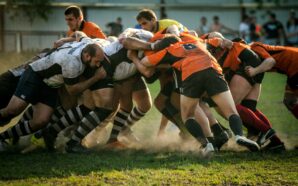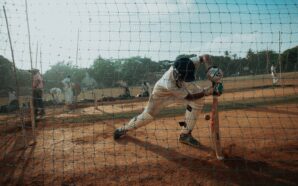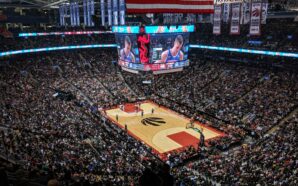MLB Exclusive
Anyone who has watched a postseason baseball game, or any of the interminable Boston Red Sox-New York Yankees matchups foisted upon us almost weekly by ESPN, understands the time commitment involved. And in a faster-paced world with greater demands on each and every second, we do not have four hours to devote to a baseball game.
The average time of a game is now three hours. In 1975, they were 35 minutes shorter. In the 1920s, before television and commercials fattened the time span, games took less than two hours.


It’s hard to see how Wednesday’s agreement with the players union to eliminate the actual throwing of pitches on intentional walks is going to make much of a difference. How many intentional walks are there in a single game? The Kansas City Royals walked only 10 batters intentionally in 162 games, lowest in the majors. No team handed out more than 45, which is barely one per four games.
Miami Marlins manager Don Mattingly raised two points on Wednesday about speeding up the game. One made sense and the other didn’t.
First, he suggested that umpires might enforce the 2015 rules that keep batters in the batter’s box and cuts down on their endless adjusting of gloves, helmets and other more, uh, personal items. Step in, step up, take your cuts.
The second was silly. Mattingly thought it would be a good idea to cut the pay of players who strike out a lot, which would then force them to put balls in play and speed up the game. Mattingly manages one of the game’s great sluggers, Giancarlo Stanton. Stanton has hit 207 home runs in seven seasons and struck out 907 times. He struck out 166 times in 2011 and a career-high 170 in 2014. The Marlins signed him to a 13-year, $327 million contract in 2014. Strikeouts didn’t seem to bother the front office.
Mattingly, to his credit, wants a faster pace of play and more action. He doesn’t think time, so much as too many dead stretches, is the problem.
We can agree in part and disagree in part. More action would be great. A faster pace would be great. Bringing games home in less than three hours would also be welcome.
Post By: Larry Weisman, a longtime sportswriter for USA TODAY, blogs for Twistity.com. Follow him on Twitter @MrLarryWeisman
-
Manchester City Brings it Home with a 3-1 Victory! Following Manchester City’s impressive 3-1 victory over FC Copenhagen in...
-
Murray’s New Goals Before Retirement Andy Murray, the renowned British tennis player and three-time Grand Slam champion, has shared...
-
Kylian Mbappe led Paris Saint-Germain to a resounding 2-0 victory over Real Sociedad in the first leg of their...
-
Klopp acknowledges defensive flaws as Liverpool suffers unexpected defeat against Arsenal. Following Liverpool’s unexpected defeat against Arsenal, manager Jurgen...
-
Ryan Mendes’ Heroic Penalty: Captain Leads Cape Verde to Victory In a historic moment for Cape Verde, the national...
-
Probe Raises Questions About PSG’s 2017 Deal and Political Involvement. French authorities have launched an investigation into allegations...
-
As Ireland faces a back-three injury crisis ahead of the Six Nations, some players have an opportunity to step...
-
16-year-old Luke Littler Makes History as the Youngest Player to Join the Prestigious Premier League Darts Luke Littler, the...
-
Get ready for the electric thrill! In a groundbreaking move, Formula E announces its exclusive broadcasting partnership with TNT...
-
Captain Kohli’s Record-Equalling Century Lights Up World Cup Match Against South Africa. On the occasion of his 35th birthday,...
-
All-Rounder Stokes Aims for Recovery Ahead of Upcoming India Test Series England Test captain Ben Stokes has announced that...
-
NBA Star Penalized for Inappropriate Gesture During Victory Over Trail Blazers Philadelphia 76ers’ star center, Joel Embiid, has been...



















